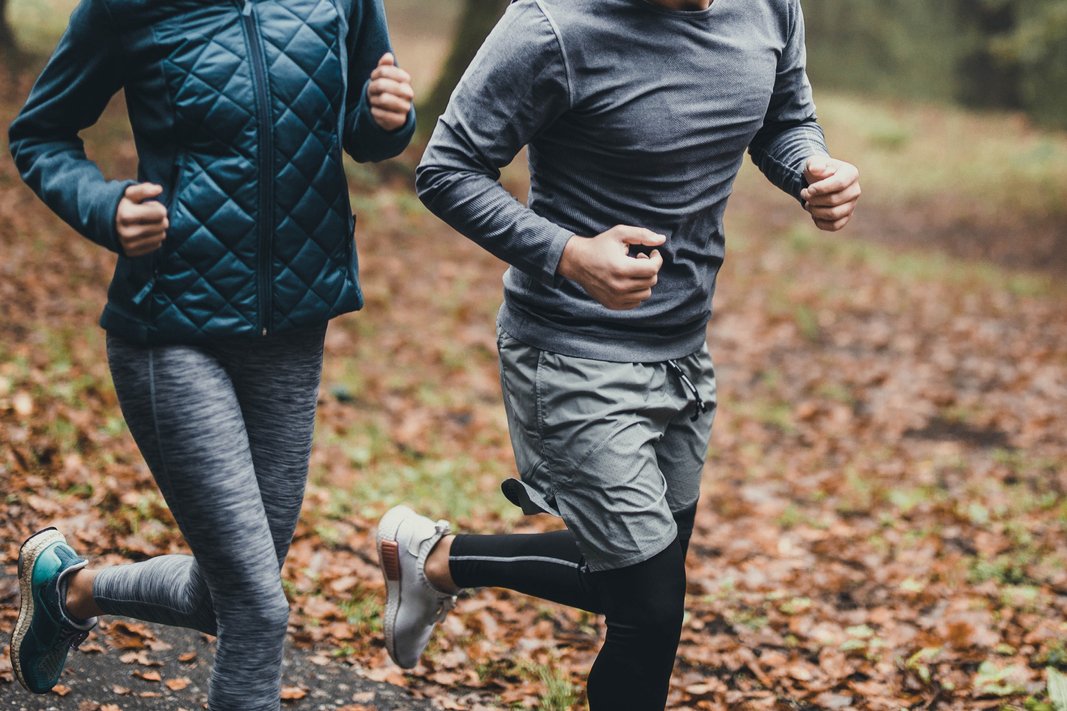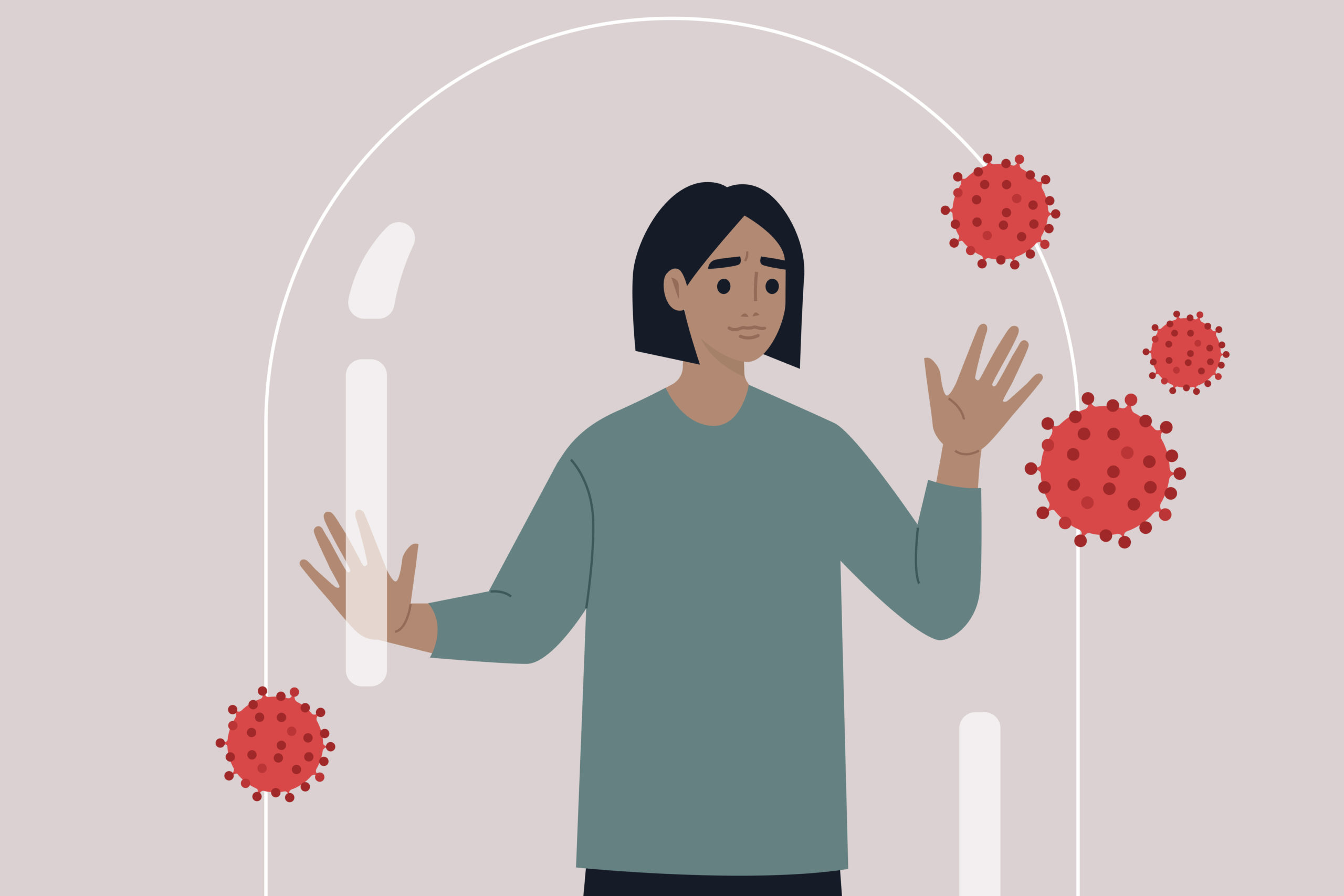During lockdown, many of us have been exercising much more as a means to get out and have some fresh air. 1 in 3 of us are getting more exercise that we were before lockdown. Whether it’s more walking, or taking up running, it can feel like exercise is our only way to escape at the moment, and we have more time on our hands to do it too. However, it can lead to people over-doing it and causing injuries, especially if you are doing too much when you previous did none at all.
Don’t Go Too Hard
Many of us are noticing that our lives are more sedentary and feel the need to make amends for it by going hard on working out. This can mean that we end up going from 0-100 rather than a slow building up of fitness. We also can feel that we really need to push ourselves to get good results. But the body doesn’t work like that and pushing yourself to run without a break, or really pounding the pavement until we’re completely exhausted can cause injury, lower immunity and even affect our mental health.
90% of the exercise we do should me moderate. It is more beneficial to your body and you will see better results if you slow down at times. Take time for more gentle walks and runs. Focus on enjoying the exercise rather than going into ‘beast mode’. Also, keep the exercise under an hour. It’s tempting to push yourself and feel like you have to make the most of this time but remember than an hour is enough!
Vary Your Workouts
As well as not focusing on going too hard, varying your exercise will ensure you don’t overdo it. Don’t just go for a run every day – mix it up with HIIT workouts, low impact workouts, or yoga. Having a variety of workouts will be better for your body, and make sure you don’t cause injury from spending all your time running. There are many great YouTube workouts so you can try a different one every day – it also means you don’t get bored! If you just love running, vary the times and speeds of your runs. Take a gentle run some days, or just a short run.
Rest Days and Listening To Your Body
Rest days are not just important, they are essential. You MUST take time out from exercise. Rest days are when your body adapts to the exercise you have been doing. Make sure you have at least a couple of rest days a week. Listen to your body, and if you are feeling any tweaks or pains, take a few days off. Remember most of us can take up to 7 days off without losing the level of fitness we are at – so don’t panic and think you will be starting from 0 again. Keep an eye out for pain around the knee, hips, ankles and shoulders in particular.
Protect Your Immune System
Having a strong immune system is important at the moment to keep our body strong should we have to fight the virus. Exercise improves antibodies which help identify an infection causing pathogen like a virus, and white blood cells or lymphocytes, which engulf and destroy the foreign cells in the body. However, after vigorous exercise, recent research found that immunoglobulins and lymphocytes were found to be lower. Prolonged bouts of vigorous aerobic activity could also lead to immunosuppression, as these cells are redistributed and diverted to key tissues and organs active during exercise, rather than elsewhere in the body. All in all – it’s better to take it slow.
Make Sure You Warm up Properly
One of the most important things when you are going to exercise is to warm up properly. Your muscles need time to warm up properly to prevent injury. It can be easy to ignore this, and think that because our fitness levels are up we don’t need to concentrate on warming the muscles. However, we do so at our detriment – our muscles always need to warm up to make sure we don’t pull muscles or cause serious injury.





